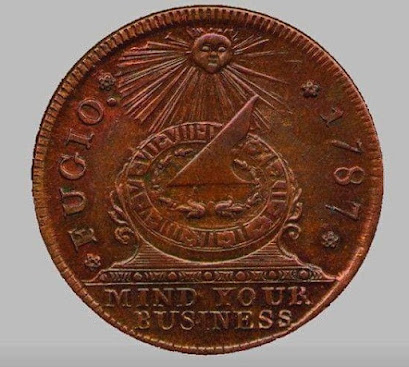I judge you harmful and cruel, selfish and conceited, but I cannot hate you since I believe you’re unhappy.
— Albert Camus, Caligula
His favorite expression was, "I have the right to do anything to anybody.”
But Caligula discovered he did not have that right. After four years on the throne, he was assassinated by the head of the Praetorian guard. A Roman historian said, "Caligula learned by experience he was not a god.”
We have our own, home-grown Caligula.
In his four years on the throne, he too humiliated enemies, plundered the treasury, dabbled in vanity projects, and tormented the people around him—all the while wallowing in luxury.
So, like a modern-day Praetorian guard, we deposed him.
I've been bellyaching about Donald Trump since January 1, 2017. It's been wearying to have had him around.
Like the majority of Americans, I wish now he'd simply vanish from the earth.
Though he's harmful and cruel, selfish and conceited, we cannot hate him, because we know he's unhappy.
But we can hate the sight of him, and the sound of his despotic voice.









